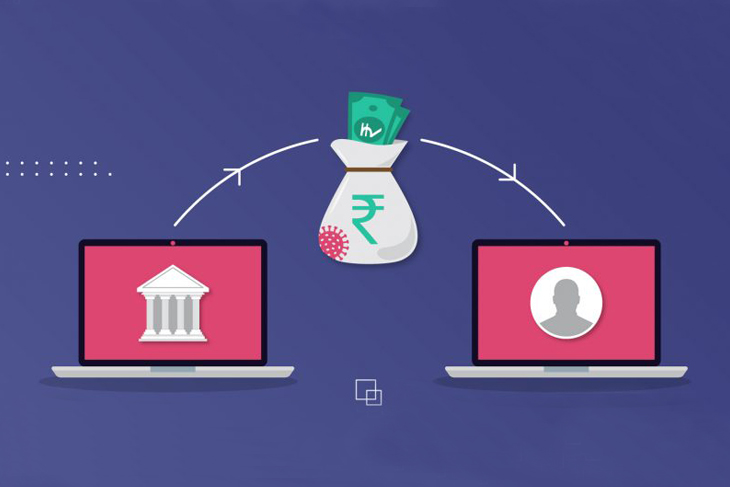6 Things to Consider While Shortlisting a Digital Platform for Supply Chain Management

Gone are the days when transactions were restricted to bundles of notes. Digitization and fintech have revolutionized the finance sector like never before, facilitating a cashless economy and encouraging instant payment at one’s fingertips. Supply chain finance management is a significant – albeit mundane – responsibility for companies. Often, tracking payables and receivables becomes time consuming for employees, hindering their work productivity and growth. It is here that digital platforms for supply chain finance enter the scene and open new doors for companies
Choosing the right supply chain finance platform is all about a careful evaluation of their key features and user-friendly interfaces. Here’s everything a company should consider while selecting a digital platform to manage their supply chain finances:
Efficient, transparent flow of information
Premium supply chain finance digital platforms connect all the concerned stakeholders on a real-time basis, ensuring quick and transparent flow of information and efficient task completion.
Cloud-based platform
Cloud-based platforms can be accessed from any geographical location in the world, which makes them highly convenient, secure, and cost-efficient. Thus, companies should pick supply chain finance platforms that offer cloud-based solutions.
ERP integration
Fintech platforms should seamlessly integrate with a company’s existing Enterprise Resource Planning (ERP) software through an Application Planning Interface. This feature helps incorporate fintech effortlessly into the company’s business processes without disturbing the existing systems.
Flexibility and customization
Every company’s financial requirements and objectives are different. A reliable fintech platform is flexible in the use of bank and treasury funds for invoices, based on the company’s distinct aims and requirements.
Simple yet comprehensive user interface
The most well-designed fintech platforms are incredibly easy to use while not compromising on the use of cutting-edge technology to meet their consumer’s needs. Companies should also check whether their chosen application offers user-friendly training manuals for suppliers and lenders. These manuals should be accessible online as well as offline, in addition to the availability of 24*7 assistance over call.
Quick, hassle-free outcomes
Premium fintech applications are designed to manage a host of finance-related activities with the same precision and speed. Companies should shortlist apps that deliver quick outcomes without involving too many procedures. For example, the invoice acceptance and payout process should ideally involve only about four steps – signing up, verification, invoice upload, and invoice acceptance and payment.
The Indian fintech industry has grown phenomenally over the years, with Indian fintech startups having raised USD 5.6 billion in 2022. Such remarkable statistical figures demonstrate the relevance of fintech in the modern scenario, with more and more companies opting to digitize their supply chain finance processes. Choosing the right digital platform for supply chain finance can enable companies to welcome a highly productive workforce as they march ahead in their endeavours.



